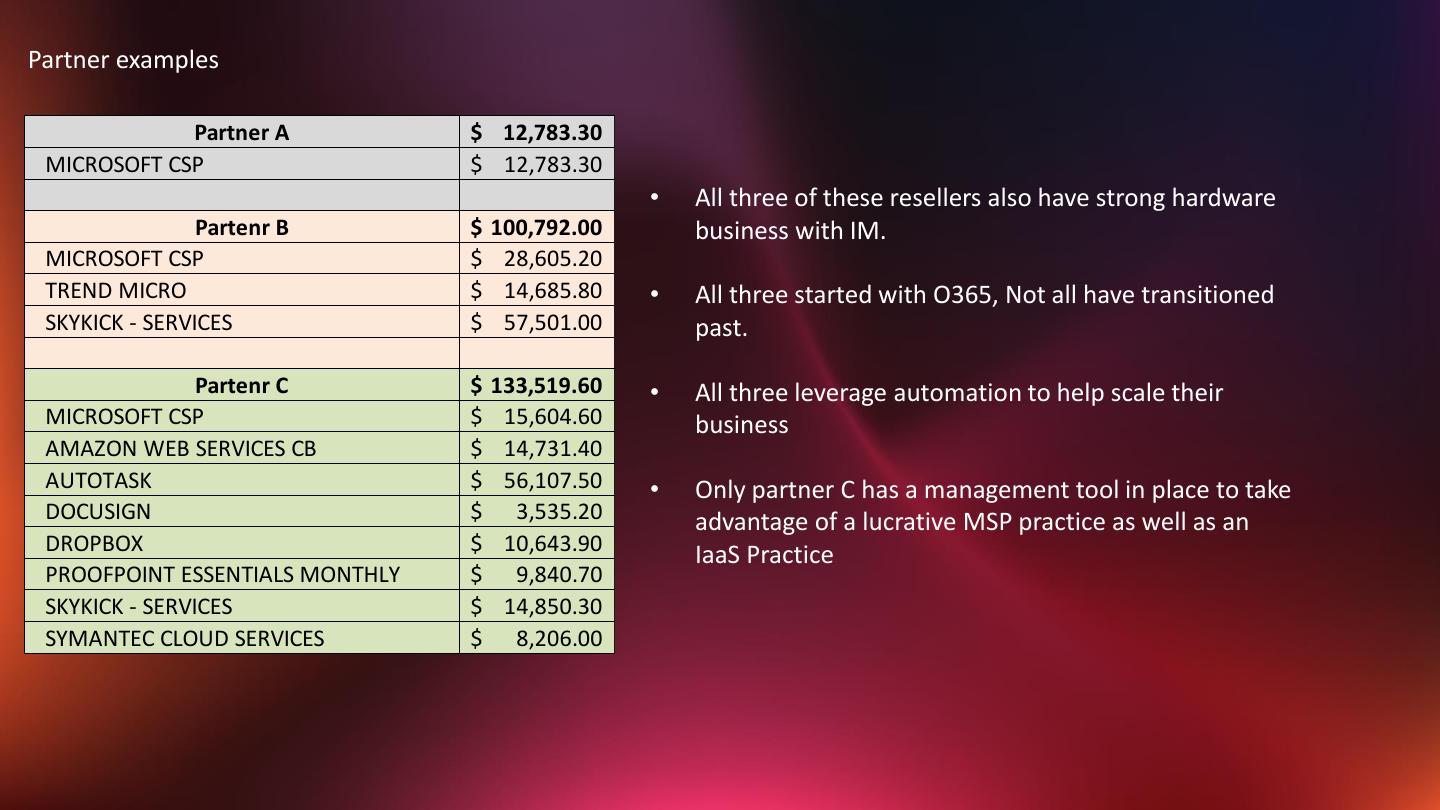How to Secure a Private Party Auto Loan: A Comprehensive Guide
#### What is a Private Party Auto Loan?A private party auto loan is a type of financing that allows individuals to purchase a vehicle from a private seller……
#### What is a Private Party Auto Loan?
A private party auto loan is a type of financing that allows individuals to purchase a vehicle from a private seller rather than a dealership. This can be an attractive option for buyers looking to save money, as private sellers often price their vehicles lower than dealerships. However, obtaining a loan for this type of purchase can be slightly more complicated than traditional auto loans.
#### Benefits of a Private Party Auto Loan
One of the primary advantages of a private party auto loan is the potential for cost savings. When buying from a private seller, you may find better deals and more room for negotiation. Additionally, private party transactions often involve less overhead, allowing sellers to pass savings onto buyers.
Another benefit is the flexibility in loan terms. Many lenders who offer private party auto loans may provide various options tailored to your financial situation, including different repayment terms and interest rates. This flexibility can help you find a loan that fits your budget.
#### How to Obtain a Private Party Auto Loan

1. **Research Lenders**: Start by researching lenders that offer private party auto loans. Not all lenders provide financing for private sales, so it’s crucial to find those that do. Look for credit unions, banks, or online lenders that specialize in these types of loans.
2. **Check Your Credit Score**: Your credit score will significantly impact your ability to secure a loan and the interest rates you’ll receive. Before applying, check your credit report for any discrepancies and take steps to improve your score if necessary.
3. **Gather Necessary Documentation**: Lenders typically require specific documents for a private party auto loan. These may include proof of income, identification, and information about the vehicle you intend to purchase, such as its Vehicle Identification Number (VIN) and title.
4. **Get Pre-Approved**: Consider getting pre-approved for a loan. This process will give you a better idea of how much you can borrow and what your interest rate will be. Pre-approval can also make you a more attractive buyer to private sellers.

5. **Negotiate the Purchase**: Once you have your financing in place, negotiate the price with the seller. Having a loan pre-approval can strengthen your position in negotiations.
6. **Complete the Transaction**: After agreeing on a price, you’ll need to finalize the sale. This typically involves signing the title over to you, completing a bill of sale, and ensuring that all necessary paperwork is filed with your state’s Department of Motor Vehicles (DMV).
#### Potential Challenges
While a private party auto loan offers many benefits, there are also potential challenges to be aware of. One major concern is the lack of consumer protection compared to purchasing from a dealership. Private sales often do not come with warranties, and if issues arise after the purchase, you may have limited recourse.

Additionally, financing a vehicle through a private party can sometimes result in higher interest rates, especially if your credit score is not strong. It’s essential to compare offers from multiple lenders to ensure you’re getting the best deal possible.
#### Conclusion
A private party auto loan can be a smart choice for those looking to save money on their vehicle purchase. By understanding the process and being prepared, you can secure financing that meets your needs and helps you drive away in your new vehicle. Always do your due diligence, research your options, and ensure you’re making an informed decision. With the right approach, a private party auto loan can be a beneficial financial decision.